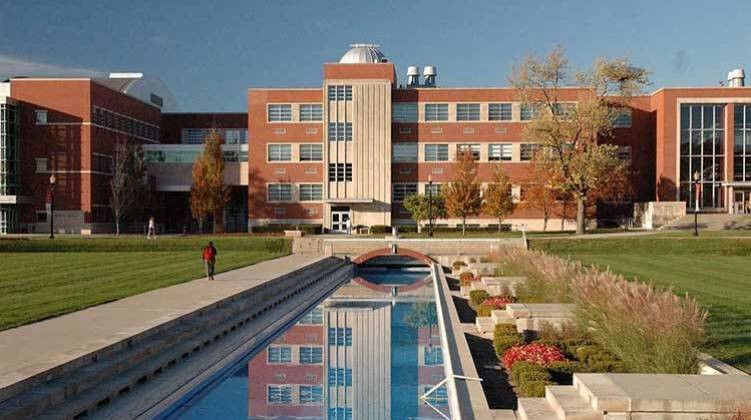ISSN : 2574-2825
Journal of Nursing and Health Studies
Abstract
Exploration of Work-Life Balance Indices of Nurse Faculty
 Rebecca L. Renner
Rebecca L. Renner
University of Indianapolis, USA
Abstract
Much has been written about the global shortage of nurses as well as the faculty needed to educate them. The American Association of Colleges of Nursing (AACN) identified several factors impeding the acceptance of all qualified student applicants to undergraduate and graduate nursing programs: insufficient numbers of nurse faculty, clinical preceptors and sites, classroom space, and budgetary constraints. Identifying benchmarks gleaned from nurse faculty input will assist in the crafting of a network of support from novice nurse faculty interface throughout career advancement, enhancing faculty satisfaction, intent to stay in the role, and amplify faculty longevity. The aim of this project was to explore
(1) Nurse faculty perceptions of the current role orientation and ongoing mentoring processes;
(2) Identify generational expectations of nurse faculty work-life balance;
(3) Gather recommendations for continuous recruitment and retention strategies to foster job satisfaction.
Data were collected concerning the qualitative experiences of nurse faculty from novice-to-expert to assess and inform the faculty experience highlighting strengths, opportunities for growth, and insightful expectations supporting the mission/standards of the institution. Findings indicate nurse faculty workload remains in the topical forefront of nursing education discussions. In addition, qualitative study components underpin similar issues of workload coupled with long work hours. Exploration of nurse faculty role expectations is critical for developing targeted strategies to foster faculty self-efficacy and resilience. With myriad undergraduate and graduate nursing program offerings, assessment of multigenerational demographics and dynamics among the faculty workforce would provide additional support for faculty retention activities that are rooted in best practices. The significant investment must be made to ensure a sustainable nursing workforce invested in quality patient outcomes and progression toward national and global health initiatives.

Biography:
Dr. Rebecca L. Renner has completed a Doctor of Nursing Practice (DNP) from Indiana State University in the United States of America (USA). She is an Assistant Professor with the University of Indianapolis’ Graduate and Undergraduate Programs, and Coordinator of the RN-BSN Program. Dr. Renner has served as investigator/co-investigator of several funded research projects, receiving several grants and awards.
Author(s): Rebecca L. Renner
Abstract | PDF
Share This Article
Google Scholar citation report
Citations : 471
Journal of Nursing and Health Studies received 471 citations as per Google Scholar report
Abstracted/Indexed in
- Google Scholar
- Open J Gate
- China National Knowledge Infrastructure (CNKI)
- Cosmos IF
- Secret Search Engine Labs
- Euro Pub
Open Access Journals
- Aquaculture & Veterinary Science
- Chemistry & Chemical Sciences
- Clinical Sciences
- Engineering
- General Science
- Genetics & Molecular Biology
- Health Care & Nursing
- Immunology & Microbiology
- Materials Science
- Mathematics & Physics
- Medical Sciences
- Neurology & Psychiatry
- Oncology & Cancer Science
- Pharmaceutical Sciences